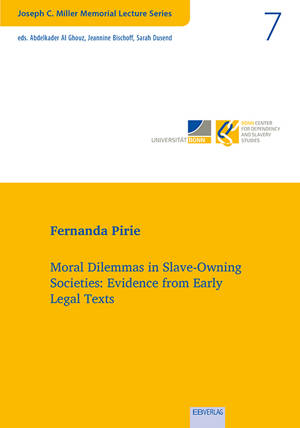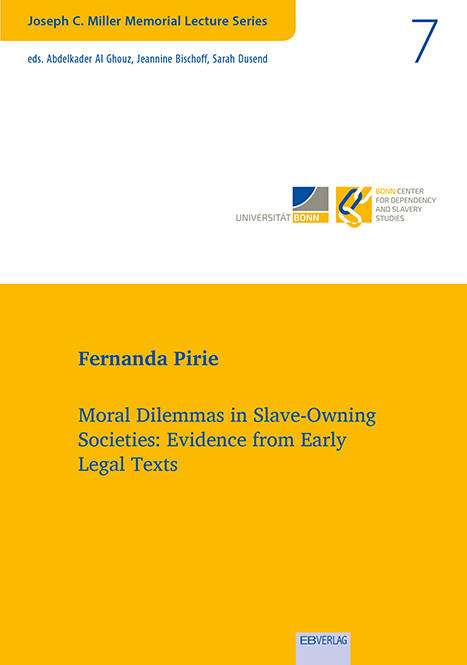
Je cadeautjes zeker op tijd in huis hebben voor de feestdagen? Kom langs in onze winkels en vind het perfecte geschenk!
- Afhalen na 1 uur in een winkel met voorraad
- Gratis thuislevering in België vanaf € 30
- Ruim aanbod met 7 miljoen producten
Je cadeautjes zeker op tijd in huis hebben voor de feestdagen? Kom langs in onze winkels en vind het perfecte geschenk!
- Afhalen na 1 uur in een winkel met voorraad
- Gratis thuislevering in België vanaf € 30
- Ruim aanbod met 7 miljoen producten
Zoeken
€ 11,95
+ 23 punten
Omschrijving
Slavery is not a natural state. It arises when people or classes in a society assume the right to treat others as their property. And yet the status of slaves has rarely been defined by law, even when slavery was an accepted social fact. This publication examines the laws that did deal with slavery, from the earliest written rules in Mesopotamia, India, China, Rome, and the Islamic world, to medieval Europe and Tibet. It is evident that, rather than offering comprehensive definitions, the lawmakers were dealing with the complications that arose from the instability of the state, including issues of manumission, legal capacity, and the status of children. People could become slaves without the need for legal intervention, as a result of warfare or debt, but many slaves acquired freedoms, presenting complications that the lawmakers tried to address. They also, in many cases, hint at moral discomfort, suggesting that the act of lawmaking forced slave-owners to face up to the fact that they were treating other people as property.
Specificaties
Betrokkenen
- Auteur(s):
- Uitgeverij:
Inhoud
- Aantal bladzijden:
- 41
- Taal:
- Engels
- Reeks:
- Reeksnummer:
- nr. 7
Eigenschappen
- Productcode (EAN):
- 9783868933796
- Uitvoering:
- Boek
- Afmetingen:
- 148 mm x 210 mm

Alleen bij Standaard Boekhandel
+ 23 punten op je klantenkaart van Standaard Boekhandel
Beoordelingen
We publiceren alleen reviews die voldoen aan de voorwaarden voor reviews. Bekijk onze voorwaarden voor reviews.









